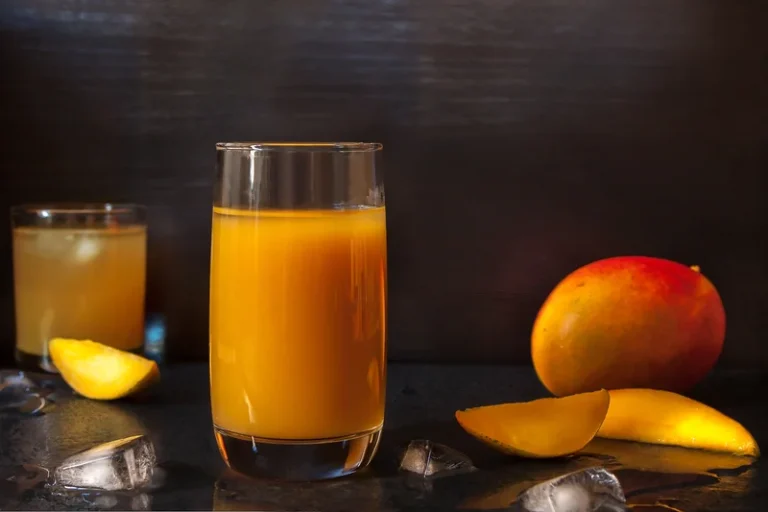
Otherwise known as thrombosis, blood clotting is a vital step in healing from an injury. If you suspect alcohol misuse or experience characteristic symptoms of a blood clot, such as swelling, pain, redness and warmth in the affected area, seek professional help promptly. Never withhold information about alcohol intake from your doctor, as it impacts treatment decisions. Blood clots are a natural part of the body’s response to injury mediated by platelets and clotting factors (fibrinogen, thrombin) in the blood.
Conditions

But when mixing it with other ingredients, be careful to account for the whole drink’s nutrition and not just the tequila measure. Cocktails can be very high in sugar and may contain other alcohols, as well. Because research suggests that alcohol may thin the blood, people need to avoid consuming any before undergoing surgery. Below are answers to common questions about whether alcohol may thin the blood.

When to contact a doctor
Eliquis is a common blood thinner that does not require routine blood tests like some anticoagulants do. Using alcohol with Eliquis can increase the risk of internal bleeding, so alcohol use should be limited. Doctors and pharmacists can advise people whether they should avoid or limit their alcohol use while taking blood thinners.
- If you’re concerned that you’re at risk for blood clots, but haven’t been prescribed a blood-thinning drug, you might search for natural options like food.
- Discover how inpatient drug rehab in Brooklyn customizes treatment lengths, typically days, to meet individual needs and build a strong foundation for recovery.
- Keep reading to learn more about this blood-thinning effect, how alcohol interacts with blood-thinning medications, and more.
- If your blood cells don’t clot well, they won’t form blockages in your blood vessels that cause strokes.
- Alcohol can have a substantial impact on your well-being — and one of the lesser-discussed effects of alcohol revolves around its relationship with our blood.
How dangerous is it to drink alcohol if I’m on a blood thinner?
When a person experiences an injury, those platelets travel to the area to form together into a blood clot to stop the bleeding. Your healthcare provider also prescribes you the correct dosage for you depending on a number of factors. The effects of alcohol may be similar to blood thinners, but you should not replace your medication with alcohol.
Top doctors in ,
This can help them determine if something is causing an interaction that could lead to serious bleeding. As females retain more alcohol in the bloodstream than males, they are at higher risk of developing problems from combining alcohol with medications. If you drink alcohol when pregnant, it passes through what is Oxford House the umbilical cord to the baby, increasing the risk of stillbirth or miscarriage. In addition, drinking while pregnant may result in fetal alcohol spectrum disorders (FASDs). Children with FASDs may show a range of physical, behavioral, and cognitive symptoms. Additionally, the NIAA advises that studies have indicated that heavy alcohol use and AUD have links to increased surgical complications.

Exploring the Connection Between Alcohol and Blood Thinning
- Red wine is fermented for a longer amount of time with the grape skins than white wine is, meaning it will contain more resveratrol, which is why it is typically thought to be more heart healthy.
- When a blood clot blocks the flow of blood to your heart, a heart attack can occur.
- When you consume alcohol, it can impact the clotting ability of your blood by affecting the behavior of platelets, which are responsible for forming blood clots.
- Contrary to popular belief, alcohol does not possess true blood-thinning properties.
However, heavy drinking can increase the risk of bleeding, especially in combination with certain medications such as aspirin or warfarin. One drink on occasion is not likely to cause problems, but moderate to heavy drinking with anticoagulant medications is dangerous. It increases the risk of bleeding-type strokes as well as blood loss from what would otherwise be a small injury. Blood thinners, also known as anticoagulants, are medications that help prevent blood clots from forming or growing. They work by interfering with the clotting process in the blood, reducing the risk of potentially dangerous blood clots. Understanding the effects of alcohol on platelet function and clotting factors is crucial for individuals taking blood thinners or with a predisposition to bleeding.

If you are taking blood thinners, it’s important to talk to your doctor before consuming alcohol. If you’re concerned about how alcohol may impact your health and wondering, “Does alcohol thin your blood?” at Bayview Recovery, we offer accessible support. Our tailored treatment levels and top-notch professionals guide you through evidence-based therapies. If you’re concerned about how alcohol may impact your health and wondering, “Does alcohol thin your blood?
Ask the Expert: Common Questions About Alcohol and Blood Thinners
In addition, he regularly participates in all-staff debriefing sessions involving peers, nurses, and other prescribers. He also reviews and advises on is tequila a blood thinner policies, procedures, and techniques for treating substance use disorder. Excessive alcohol consumption can contribute to strained relationships with family and friends. It may lead to social isolation and difficulties in maintaining employment or fulfilling responsibilities. Tequila has less sugar and fewer calories than similar liquors, which may make it a slightly healthier option if you drink.
The other half is solid and composed of red blood cells, white blood cells and platelets. Understanding these implications is vital in maintaining one’s health and wellness. The topic of alcohol and its blood-thinning properties isn’t black-and-white but lies within a spectrum of moderation and individual health considerations. In the short term, alcohol can alter your mood, leading to feelings of euphoria but also potentially sadness, anger, or anxiety.
- He works with patients suffering from Substance Use Disorder to evaluate their medication needs and prescribe treatments accordingly.
- Alcohol consumption can have certain effects on the blood, including changes in platelet function and clotting factors.
- For example, alcohol consumption may have a more pronounced effect when combined with certain blood thinners like warfarin.
- Some individuals may experience allergic reactions to blood thinners, leading to symptoms such as hives, itching, and difficulty breathing.
Alcohol’s Effect on Blood Vessels
It is vital to exercise caution https://ecosoberhouse.com/ and seek medical advice to minimize the risk of complications. While consuming alcohol in moderation may be deemed safe for some individuals on blood thinners, it’s crucial to monitor for any signs of bleeding. Alcohol can potentially increase the risk of bleeding, and it’s important to be aware of any abnormal bleeding or bruising. If you notice any unusual bleeding, such as nosebleeds, blood in the urine or stool, or prolonged bleeding from minor cuts, it’s important to seek medical attention promptly.
